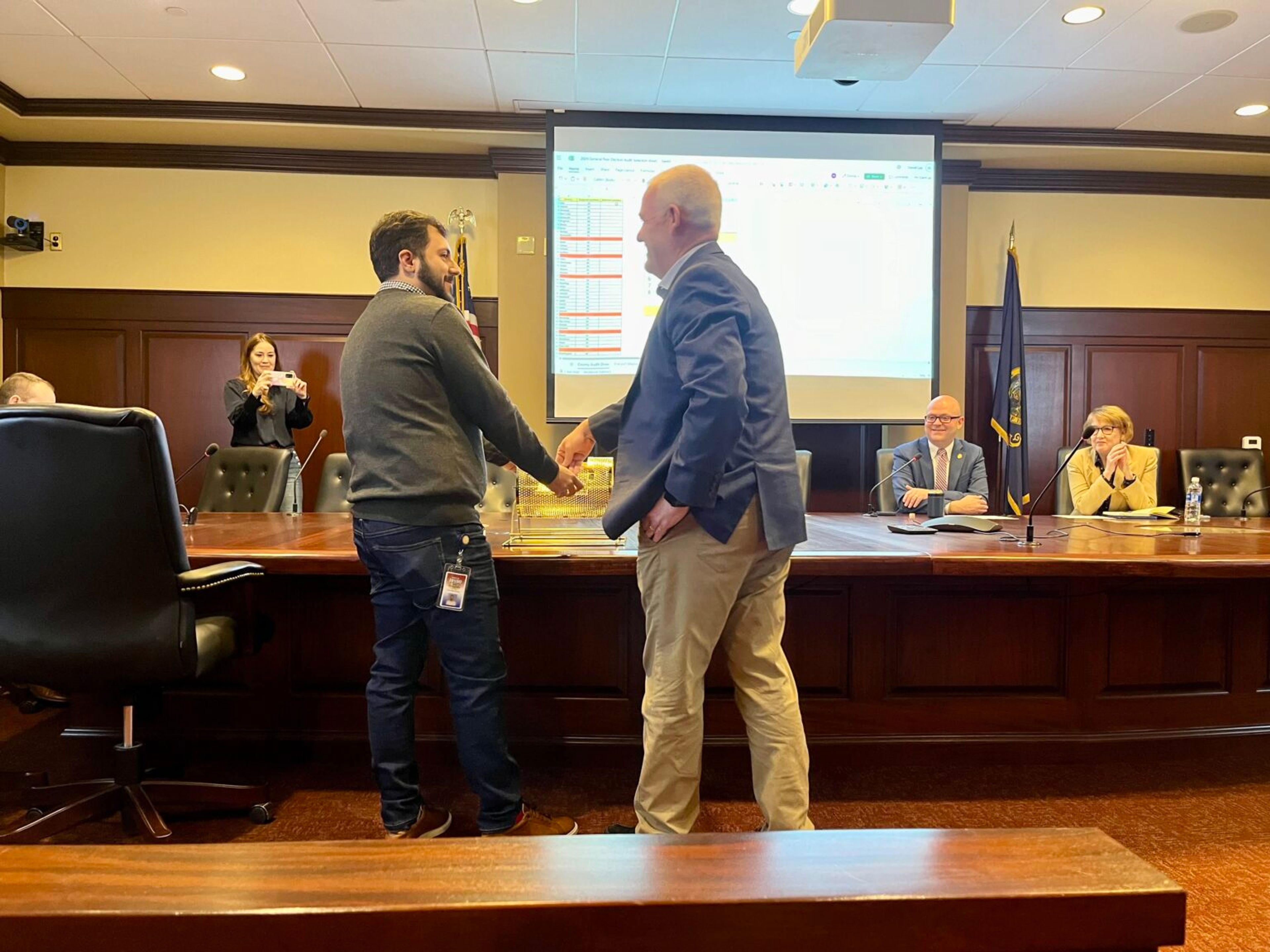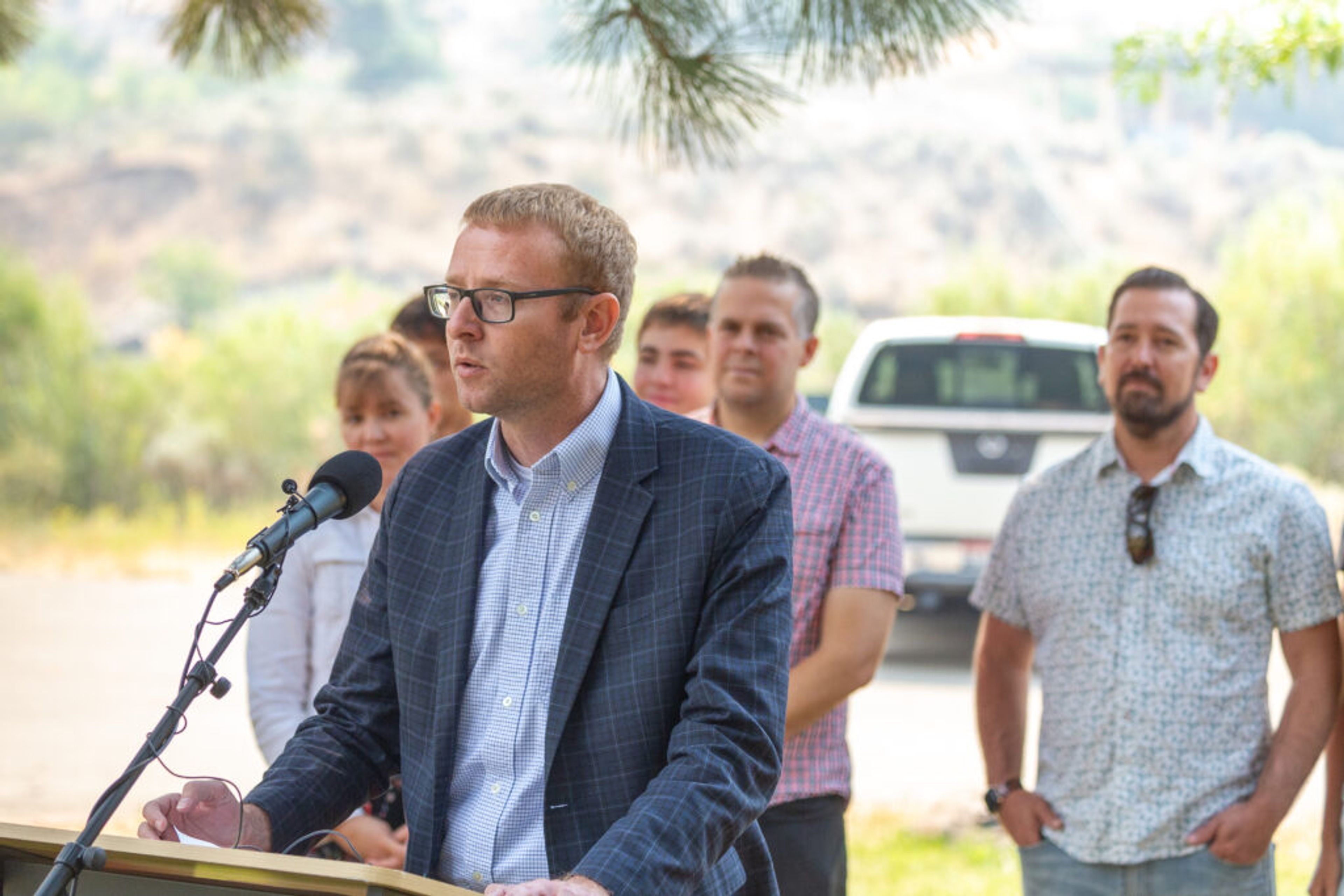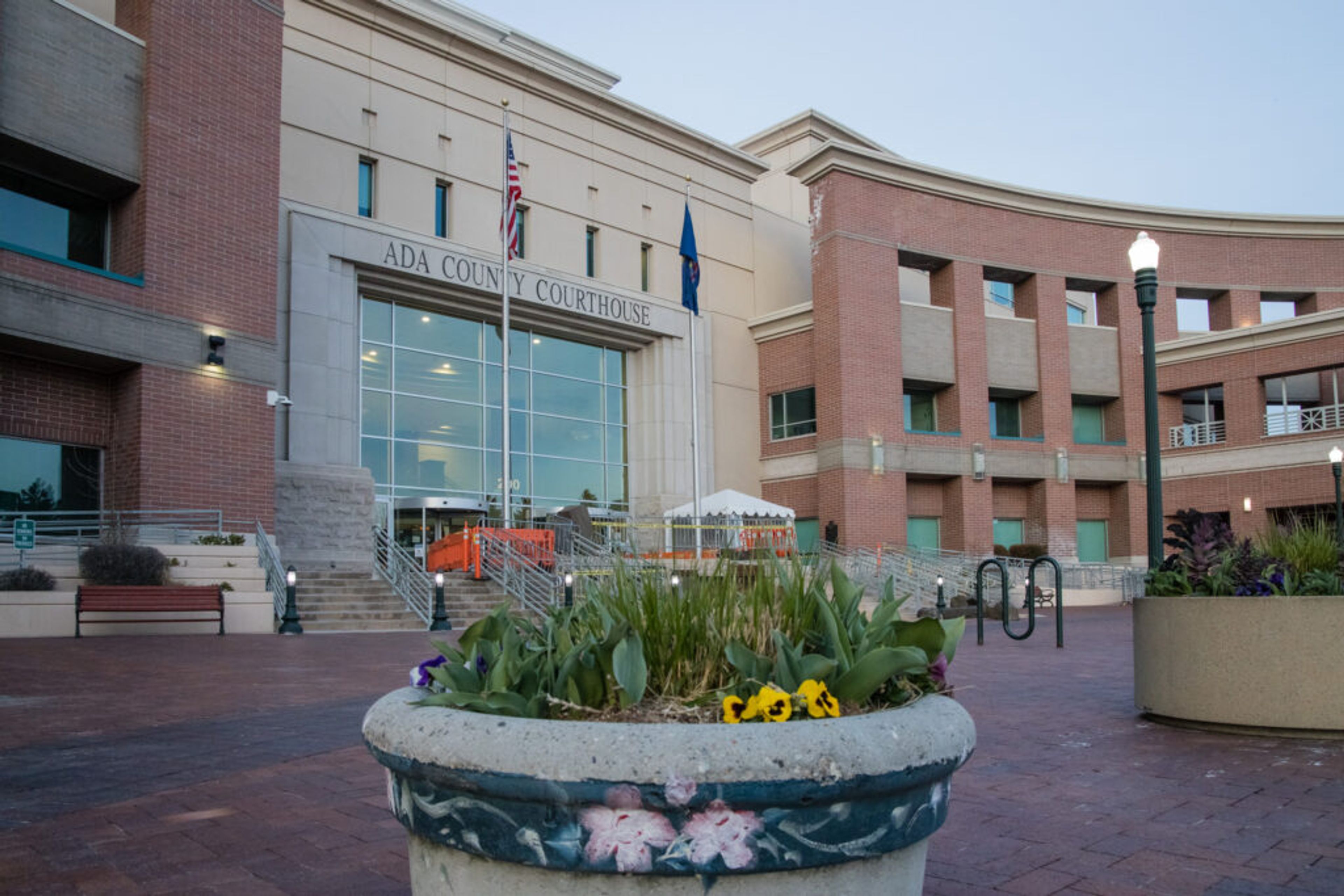Timber counties on edge again
Rural officials tire of being always at Congress' mercy
Timber counties are bracing for what would be a crippling blow to their budgets if the U.S. Congress fails to renew the Secure Rural Schools Act soon.
"It's just a good example of why there needs to be some kind of a permanent fix because we go through this from year to year to year," said Clearwater County Commission Chairman Don Ebert. "It's not the way to try to run a county effectively or economically. I would expect more from our government and I would hope they will live up to their obligations."
The Secure Rural Schools and Community Self-Determination Act expired Sept. 30 and the program was not reauthorized by Congress at the close of the year. Ebert said he has heard that Congress does expect to address the matter soon.
But payments to counties that include non-taxable federal lands, and that were meant to compensate for a decline in timber harvest, will be cut drastically if a fix isn't approved. The drop to Idaho would be from more than $28 million to about $2 million.
That means county road and bridge departments and school districts that rely on the timber payments would lose from a third to more than half of their annual operating budgets.
"What's being looked at right now is, last year the road department got about $1.3 million. Now we're looking at $100,000," said Idaho County Road and Bridge Department Supervisor Gene Meinen. "So it's a pretty short shopping trip."
The other main source of revenue for the county's road department is highway user funds, which amounted to about $783,000 last year. The total county road department budget is about $3.2 million.
Without the federal funding, Meinen said the department will have to cut back on services and possibly lay off some of its 18 workers.
"It's going to be a matter of trying to figure where you can cut causing the least amount of pain to the public," he said. Reducing snow plowing is not feasible, he said, because many of the roads are also bus routes.
"So it may be more of a focus on making sure we get all of our winter sanding and plowing done and we may have to look at summer layoffs," he said, which would affect road grading and graveling.
Ebert said a loss of the federal funding would cut about $500,000 from a road and bridge budget of about $1.4 million.
"I don't know what we would do to deal with it but we may have to burn our reserves," Ebert said. "I feel optimistic it will be reauthorized but it needs to happen pretty quick or we're going to have to head in a totally different direction."
Ebert said Clearwater County built its budget this year based on the belief it would receive the money from the federal act. But he said the county has not yet received full payment and would have to dip into savings to cover expenses for the remainder of the fiscal year.
"We're fortunate enough that we have some reserves but they're for emergencies and we don't want to have to use them," he said.
U.S. Agriculture Secretary Tom Vilsack said earlier this month that the Twenty-Five Percent Fund Act of 1908, which is permanent law, would become applicable and guide distribution of payments to 41 states and Puerto Rico if Secure Rural Schools is not reauthorized.
Seven-year rolling averages of timber sale receipts from national forests in each state would be used to calculate the 25 percent payments for the benefit of public schools and roads under that plan. This year, the estimated total amount of all 25 percent payments to all eligible states is about $50 million, Vilsack said, compared to about $300 million from the program last year.
Kent Stokes, superintendent of the Grangeville-based Mountain View School District, said school patrons will face three choices if the Secure Rural Schools Act is not reauthorized.
"Either we have to ask the local taxpayers to pay for it, or the schools are going to look drastically different as far as class and programs offered, or the state is going to have to come up with a different funding formula," Stokes said.
The school district received about $1.2 million from the federal act last year. Without reauthorization, the fund would be cut by about $1 million.
"We have enough in the forest reserve to run this year and probably part of next year. But the fact of the matter is, it's not good business to get yourself to where you're running paycheck to paycheck," Stokes said. "Our board has been wise in the past by having a cushion and that cushion is exactly for times like this that possibly could be in front of us."
---
Hedberg may be contacted at kathyhedberg@gmail.com (208) 983-2326.








